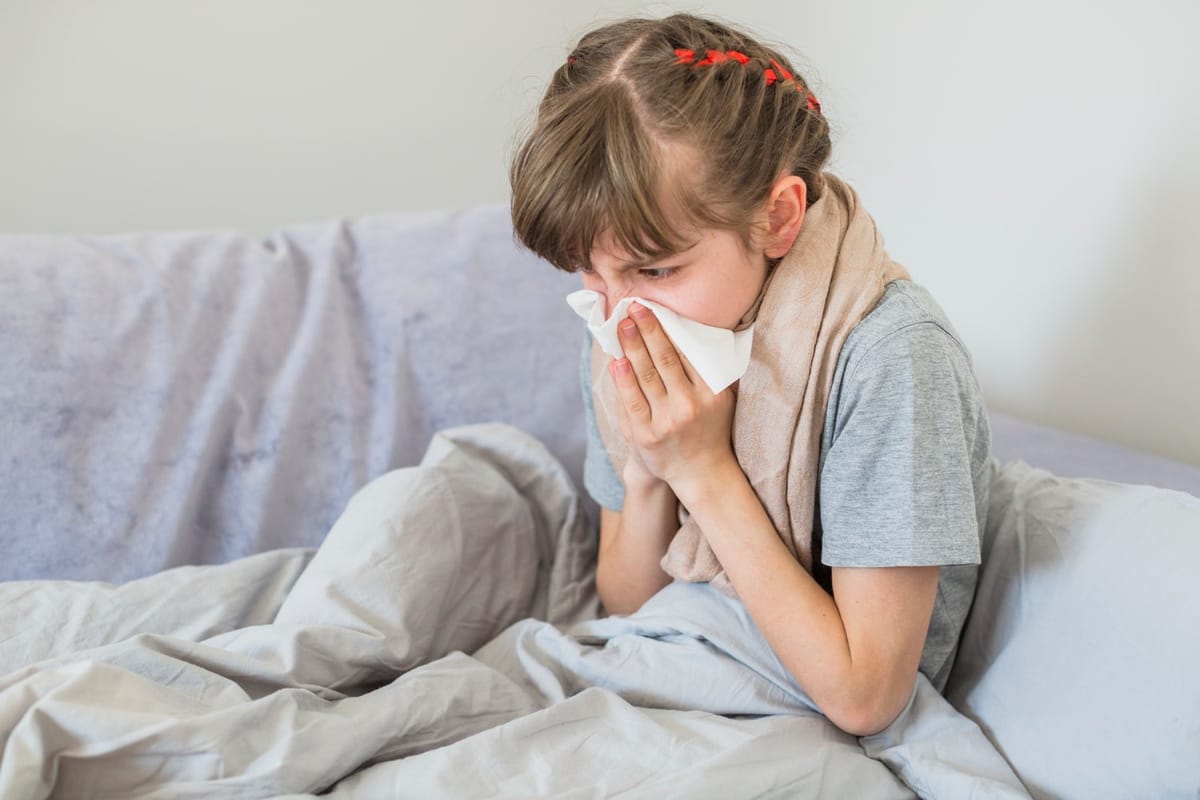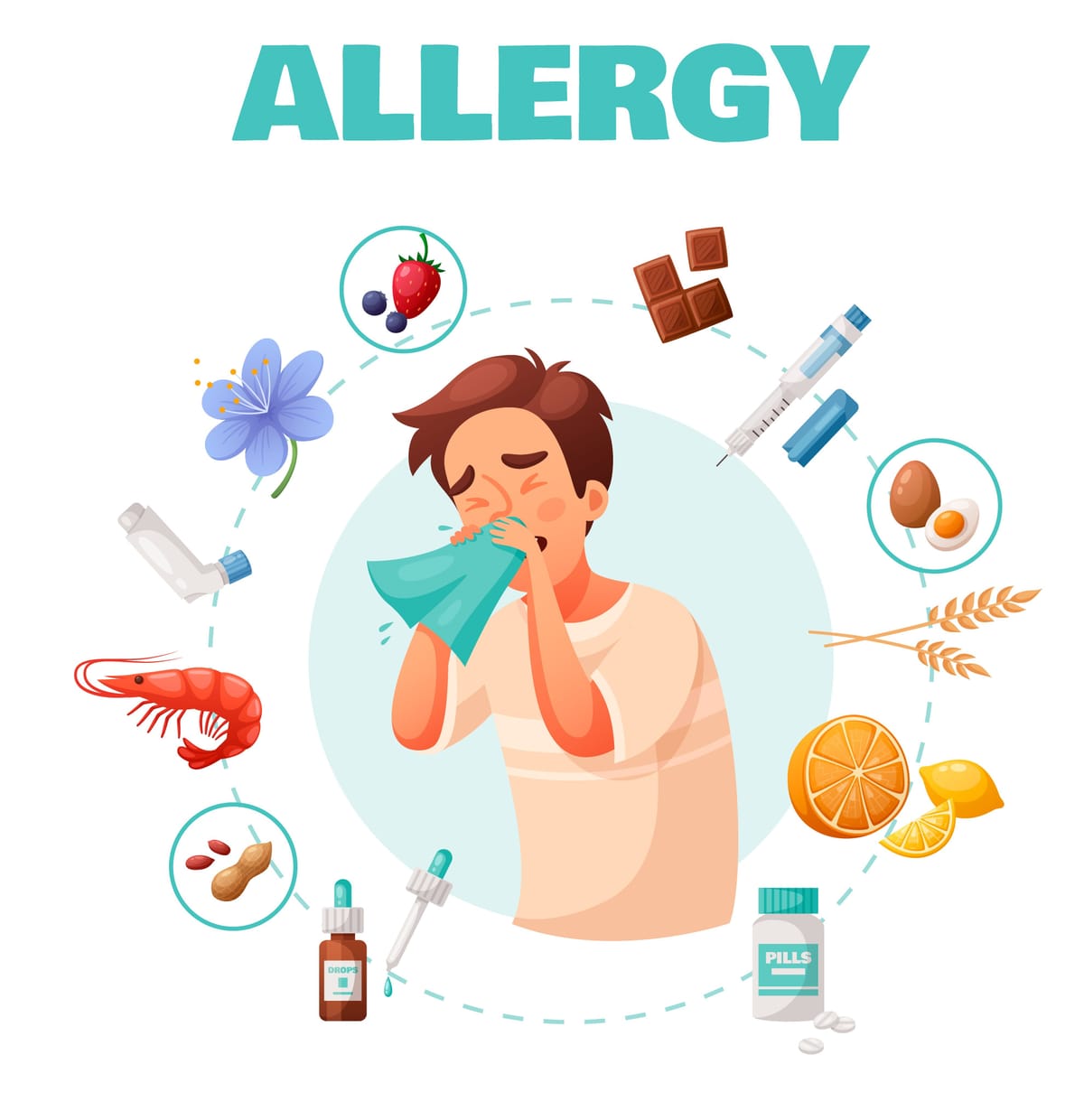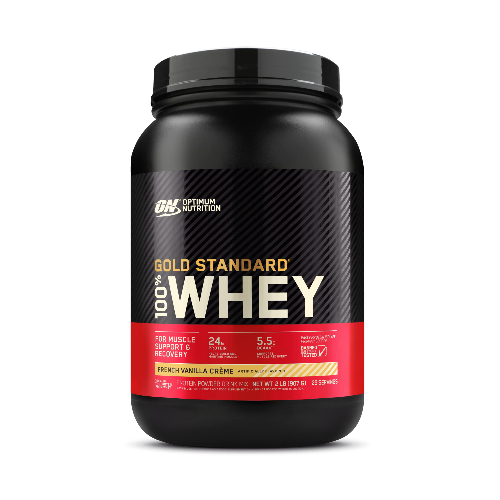When allergy season hits, the quest for relief can lead you down the aisles of your local pharmacy, pondering the age-old question: is nasal spray better than pills? With a plethora of options available, from allergy nasal sprays to oral antihistamines, it's crucial to understand which treatment can best alleviate your symptoms.
The Battle Against Allergens: Nasal Spray vs. Pills
Seasonal allergies, also known as allergic rhinitis, can cause a multitude of symptoms, including a runny nose, itchy eyes, and sneezing. Allergy medications come in various forms, and the choice between nasal sprays and pills often depends on the specific symptoms and personal preferences.
Nasal Sprays: A Direct Approach to Allergy Relief
Nasal steroid sprays, such as Flonase Sensimist, are designed to relieve nasal congestion and inflammation directly at the source. These intranasal corticosteroids are effective in reducing the swelling in nasal passages, offering relief from stuffy noses, and easing stuffiness without a prescription.
Pills: The Systemic Solution for Multiple Allergy Symptoms
Oral antihistamines, like Zyrtec and Claritin, work by blocking the body's release of histamine, the chemical responsible for allergy symptoms. These oral medications are beneficial for those suffering from multiple allergy symptoms, as they can address issues like watery eyes and sneezing in addition to nasal congestion.
Understanding Nasal Sprays: Types and Benefits
Nasal sprays come in various forms, including decongestant nasal sprays, antihistamine nasal sprays, and combination sprays. Each type targets different aspects of allergic reactions, providing temporary relief for those with nasal allergies.
Decongestant Nasal Sprays: Quick Relief with Caution
Decongestant nasal sprays offer quick relief from severe nasal congestion. However, they should be used with caution due to the risk of rebound congestion if used for more than a few days.
Steroid Nasal Spray: Long-Term Allergy Management
Steroid nasal sprays, such as intranasal corticosteroids, are often recommended for long-term management of allergic rhinitis. They are effective in reducing inflammation and can relieve symptoms like an itchy nose and sneezing.
Pills for Allergies: Understanding the Options
Allergy pills come in different forms, including older antihistamines that may cause drowsiness and newer antihistamines that are non-drowsy. They can be an excellent choice for those who need relief from multiple allergy symptoms.
Older Antihistamines: The Drowsy Option
Older antihistamines, such as Benadryl, are known for their effectiveness but can cause significant drowsiness, making them less suitable for daytime use.
Newer Antihistamines: Relief Without the Sleepiness
Newer antihistamines, like non-drowsy Claritin and Zyrtec, provide allergy relief without the sedative effects, making them a popular choice for those who need to stay alert.
Combating Pet Dander: Allergy Medicine Tailored for Pet Owners
When it comes to pet dander, a common trigger for allergic reactions, choosing the right allergy medicine can make all the difference. Nasal steroid sprays are particularly effective in this scenario, as they reduce inflammation in the nasal passages and can significantly ease stuffiness and a stuffy nose. For pet owners, this means being able to enjoy the company of their furry friends with minimal side effects. nasal steroid spray, available over the counter, are a convenient option for those who want targeted relief without the systemic impact of pill-form medications.
On the other hand, antihistamines work by blocking the histamine that the body releases during an allergic reaction to pet dander. These can come in both nondrowsy and older, sedative forms, allowing individuals to choose based on their daily activities and needs. For those with pets, it's essential to have an allergy medicine that doesn't interfere with their lifestyle. Whether it's a quick cuddle with your cat or a game of fetch with your dog, having the right antihistamine can help keep the sneezing and itching at bay, making pet ownership much more enjoyable for allergy sufferers.
Allergy Relief Beyond the Nose: Eye Drops and Asthma Considerations
While nasal sprays and pills are the go-to solutions for many allergy sufferers, it's important to remember that allergic reactions often affect more than just the nose. Eye drops specifically designed to treat allergic symptoms can provide relief for itchy, watery eyes caused by pollen or pet dander. These over-the-counter remedies can be used in conjunction with nasal decongestants or nasal steroid sprays to provide a more comprehensive approach to allergy relief. By addressing multiple symptoms at once, individuals can enjoy a higher quality of life during peak allergy seasons.
For those with asthma, allergies can pose an increased risk of respiratory complications. It's crucial to manage allergy symptoms effectively to prevent them from exacerbating asthma-related issues. Nasal steroid sprays can help relieve congestion and reduce inflammation in the airways, potentially decreasing the likelihood of an asthma attack. Additionally, some allergy medicines in pill form have been shown to have beneficial effects on asthma symptoms, offering a dual-purpose solution. When considering allergy treatments, it's always advisable for asthma patients to consult with their healthcare provider to ensure their allergy management plan is safe and effective.
Side Effects and Considerations
When choosing between nasal sprays and pills, it's essential to consider the potential side effects and how they may impact your daily life. Nasal sprays can cause irritation or nosebleeds, while pills may interact with other medications or exacerbate conditions like high blood pressure.
Nasal Spray Side Effects: Localized but Notable
Nasal sprays can cause localized side effects such as dryness or irritation in the nasal passages. It's important to follow the instructions to minimize these effects.
Pill Side Effects: Systemic and Varied
Allergy pills can have systemic side effects, potentially affecting the entire body. Some may increase blood pressure or interact with other medications, so it's crucial to consult with a healthcare provider.
Practical Considerations: Lifestyle and Convenience
Your lifestyle and daily routine can influence whether you opt for a nasal spray or pill. Nasal sprays require a bit more effort to use correctly, while pills are straightforward and can be taken with ease.
The Convenience of Pills
Pills are portable and can be taken quickly, making them a convenient option for those with busy lifestyles or who travel frequently.
The Ritual of Nasal Sprays
Using nasal sprays involves a specific technique and routine, which some may find therapeutic or prefer as part of their daily allergy management.
Allergy Shots: An Alternative to Consider
For those seeking a long-term solution, allergy shots may be an option. These injections gradually desensitize the body to allergens, potentially reducing the need for daily allergy medications.
The Commitment of Allergy Shots
Allergy shots require a significant time commitment, with regular visits to a healthcare provider over several months or years.
The Potential for Lasting Relief
While allergy shots are a more involved treatment, they offer the possibility of lasting relief from allergy symptoms and may reduce the need for other medications.
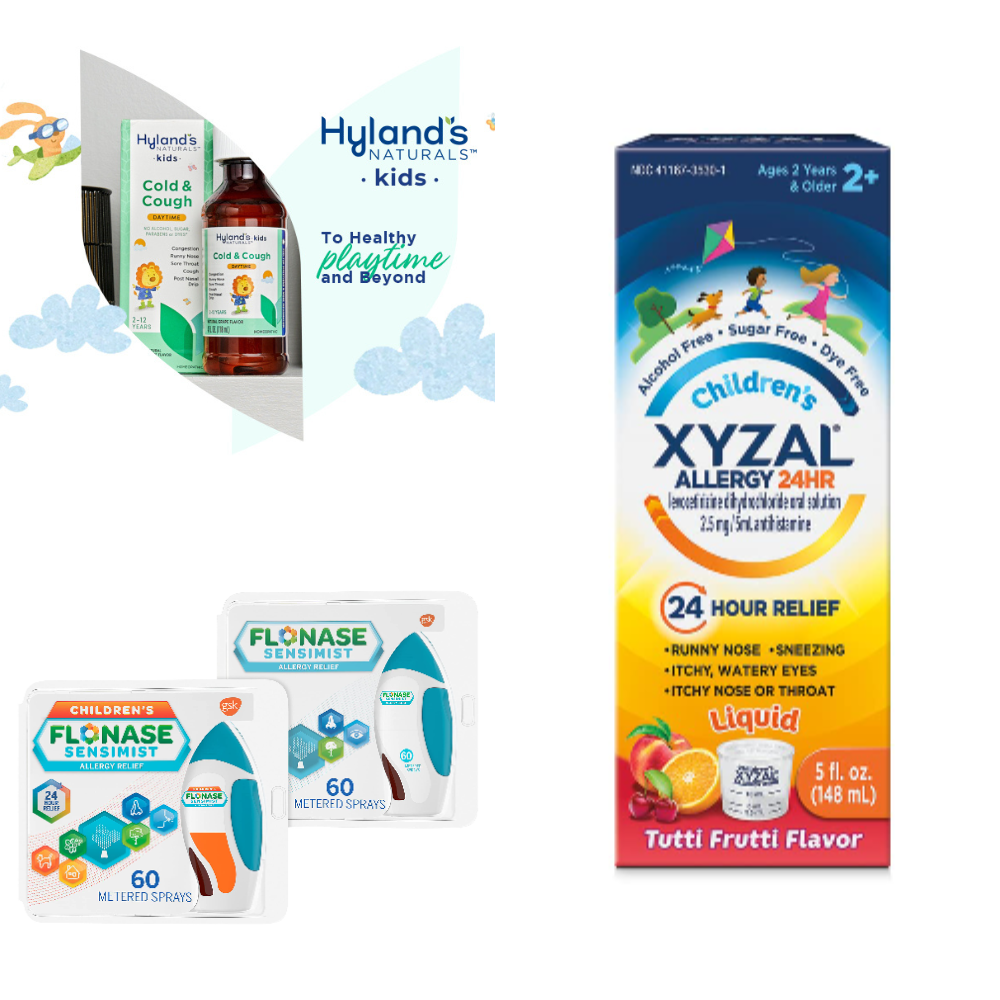
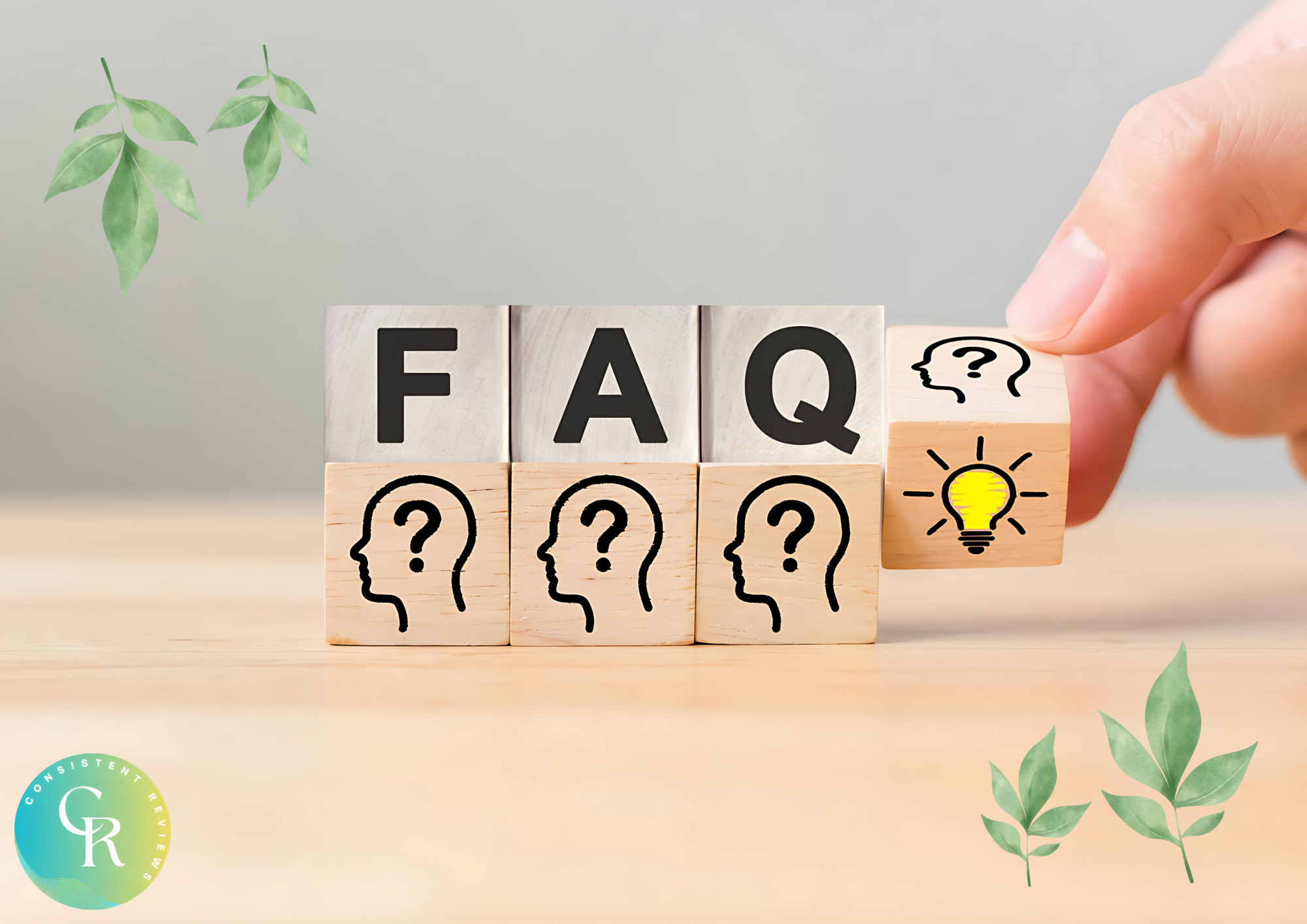
Can I use both nasal sprays and pills at the same time?
Yes, in some cases, using both can be beneficial, especially if you have multiple allergy symptoms. However, it's important to consult with a healthcare provider to ensure it's safe and appropriate for your situation.
How quickly do nasal sprays and pills work?
Decongestant nasal sprays can provide quick relief, often within minutes, while steroid nasal sprays may take a few days to reach full effectiveness. Oral antihistamines typically start working within an hour, but it may take longer to feel the full effects.
Are there any natural alternatives to nasal sprays and pills for allergy relief?
Yes, some people find relief using saline nasal rinses, maintaining a clean environment to reduce exposure to allergens, or using natural supplements like quercetin. However, the effectiveness of these methods can vary, and it's best to discuss them with a healthcare provider.

Choosing between nasal sprays and pills for allergy relief depends on individual symptoms, preferences, and lifestyle. Nasal sprays offer targeted relief for nasal symptoms, while pills can address a broader range of allergy symptoms. Both options have their own set of potential side effects and considerations. It's essential to consult with a healthcare provider to determine the best course of treatment for your specific needs.


